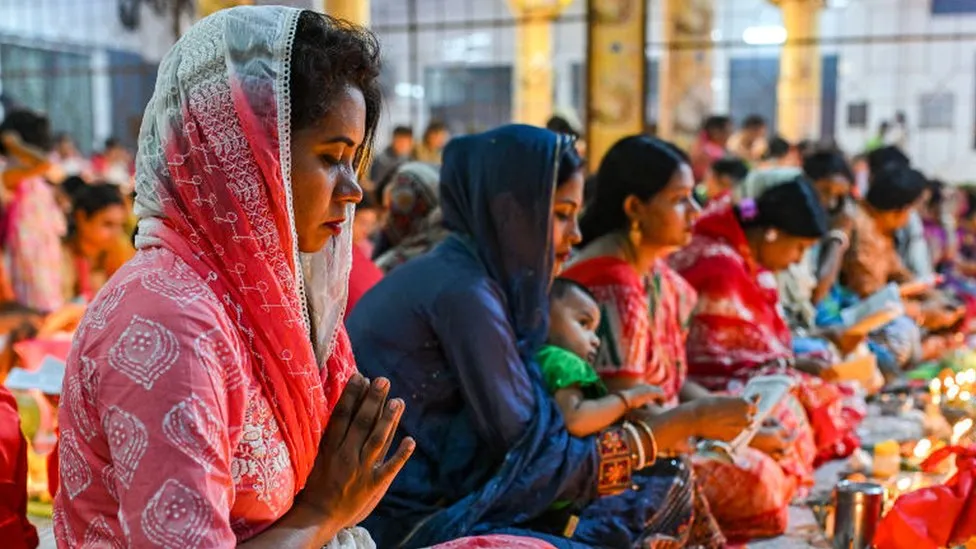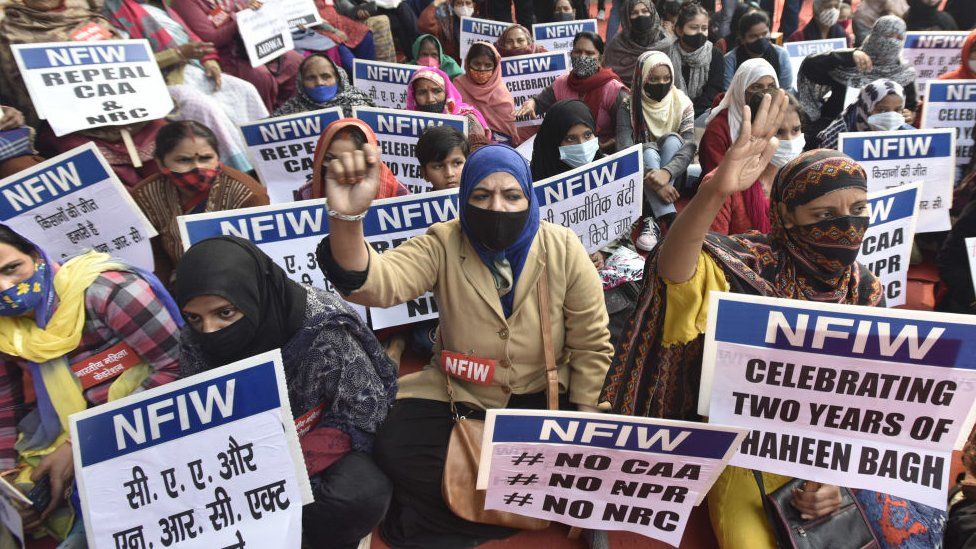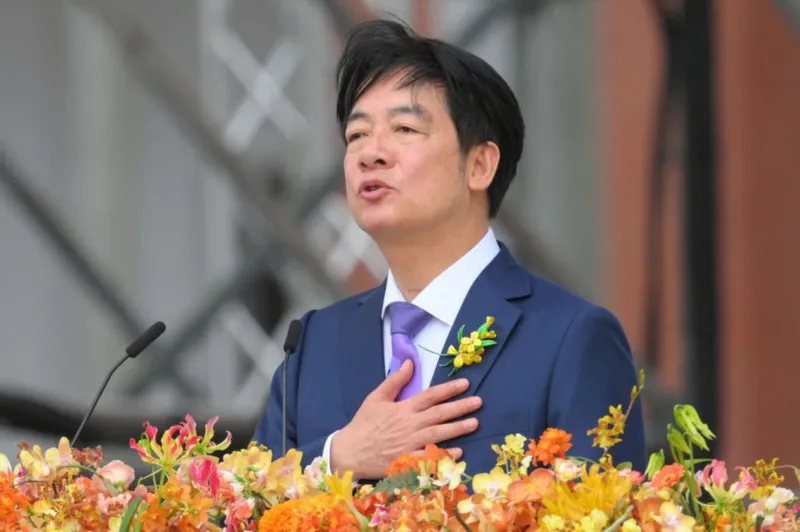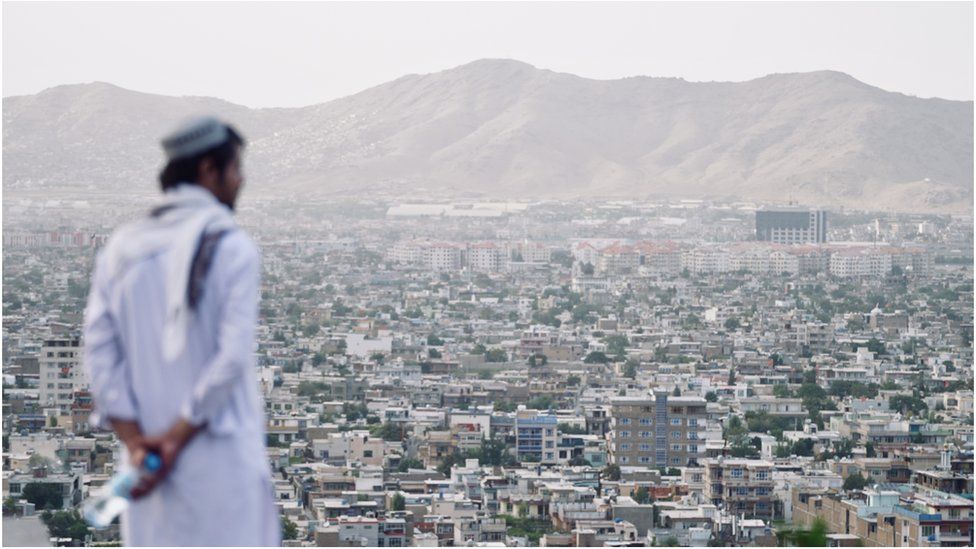CAA: India to enforce migrant law that excludes Muslims

India’s government has announced plans to enact a controversial citizenship law that has been criticised for being anti-Muslim.
The Citizenship Amendment Act (CAA) will allow non-Muslim religious minorities from Pakistan, Bangladesh and Afghanistan to seek citizenship.
The authorities say it will help those facing persecution.
The law was passed in 2019 – sparking mass protests in which scores of people died and many more were arrested.
Rules for it were not drawn up in the wake of the unrest but have now been, according to the country’s home affairs minister Amit Shah.
He made the announcement on Monday, writing on social media that Prime Minister Narendra Modi had “delivered on another commitment and realised the promise of the makers of our constitution to the Hindus, Sikhs, Buddhists, Jains, Parsis and Christians living in those countries”.
India’s home ministry in a statement said that those eligible can now apply online for Indian citizenship. An online portal for receiving applications has already been set up.
The ministry said that there have been “many misconceptions” about the law and its implementation was delayed due to the Covid-19 pandemic.
“This act is only for those who have suffered persecution for years and have no other shelter in the world except India,” it added.
The implementation of the CAA has been one of the key poll promises of Mr Modi’s ruling Hindu nationalist Bharatiya Janata Party (BJP) in the run-up to general elections this year.
It amends the 64-year-old Indian Citizenship law, which currently prevents illegal migrants from becoming Indian citizens.
Under the new law, those seeking citizenship will have to prove that they arrived in India from Pakistan, Bangladesh or Afghanistan by 31 December 2014.
Monday’s announcement did not come as a surprise to many, as BJP leaders have been dropping hints over the past few months that the law could be implemented before the elections. After the notification was issued, BJP handles trended hashtags like “Jo Kaha So Kiya” (We did what we said) online.
In the meantime, protests against the CAA have started in some states, including Assam, where the All Assam Students’ Union (AASU) – which spearheaded the 2019 protests in the north-eastern state – has given a call for a shutdown on Tuesday.
In the southern state of Kerala, the ruling Communist Party of India (Marxist) party has called for state-wide protests. “This [the law] is to divide the people, incite communal sentiments and undermine the fundamental principles of the Constitution,” Chief Minister Pinarayi Vijayan said, adding that the law would not be implemented in his state.

Critics of the CAA say it is exclusionary and violates the secular principles enshrined in the constitution, which prohibits discrimination against citizens on religious grounds.
For example, the new law does not cover those fleeing persecution in non-Muslim majority countries, including Tamil refugees from Sri Lanka.
It also does not make provision for Rohingya Muslim refugees from neighbouring Myanmar.
There is concern that, when harnessed in tandem with a proposed national register of citizens, the CAA could be used as a way to persecute the country’s 200 million Muslims.
Some Indians, including those who live close to India’s borders, are also worried that implementing the law will lead to an influx of immigrants.
Monday’s announcement has not gone down well with the opposition, who accuse the government of trying to influence the upcoming election.
This is expected to be held by May and Prime Minister Narendra Modi is seeking re-election for a third term in a row.
“After multiple extensions in four years, its [the law’s] implementation two to three days before the election announcement shows that it is being done for political reasons,” said All India Trinamool Congress party leader, Mamata Banerjee, at a press conference.
Jairam Ramesh, the communication head of the Indian National Congress, wrote on social media that “the time taken to notify the rules for the CAA is yet another demonstration of the Prime Minister’s blatant lies”.
Asaduddin Owaisi, the leader of the All India Majlis-e-Ittehadul Muslimeen party, questioned the timing of the move.
“CAA is meant to only target Muslims, it serves no other purpose,” he wrote on X (formerly Twitter).





